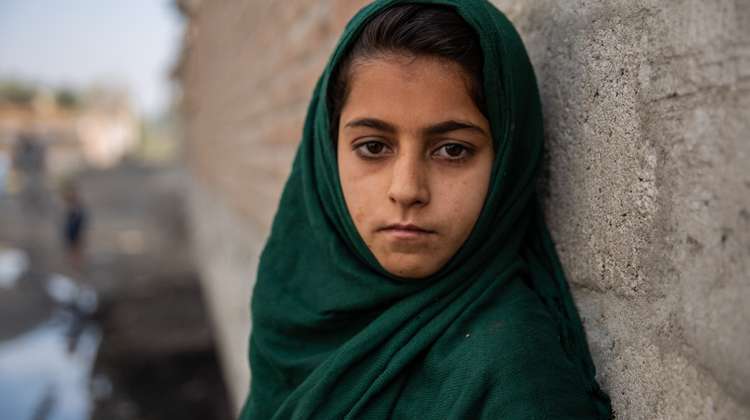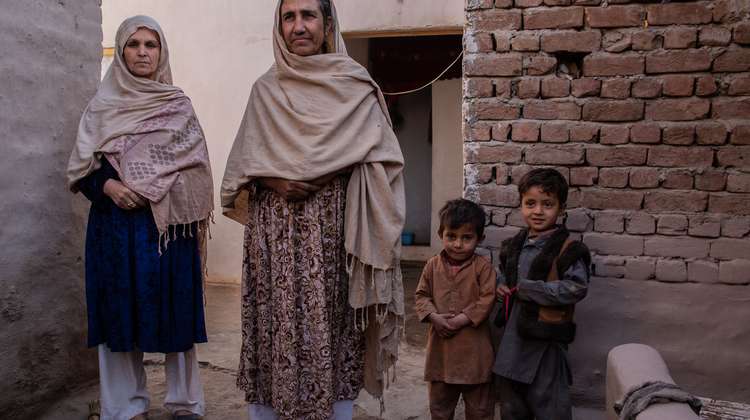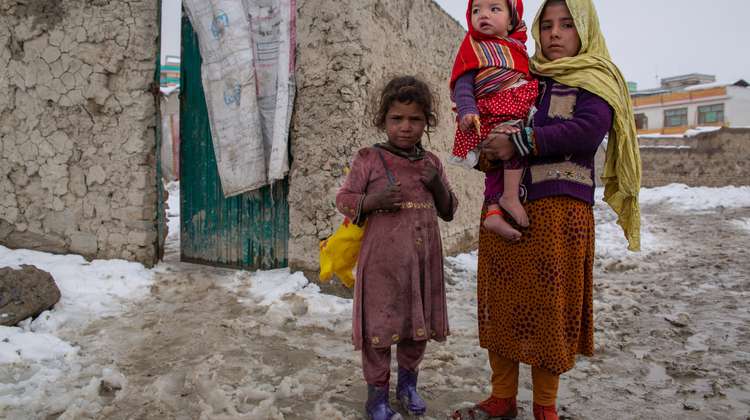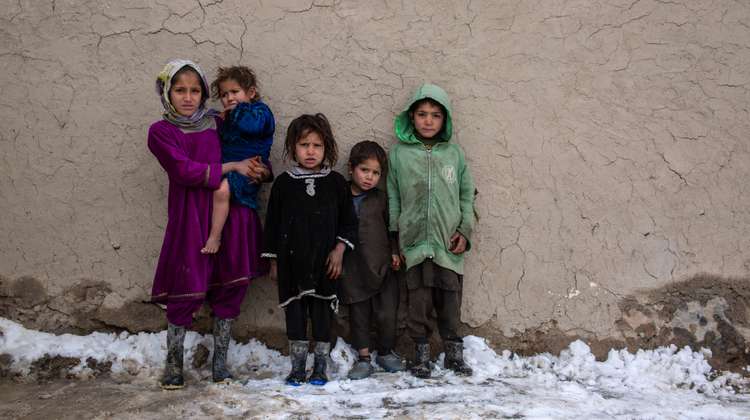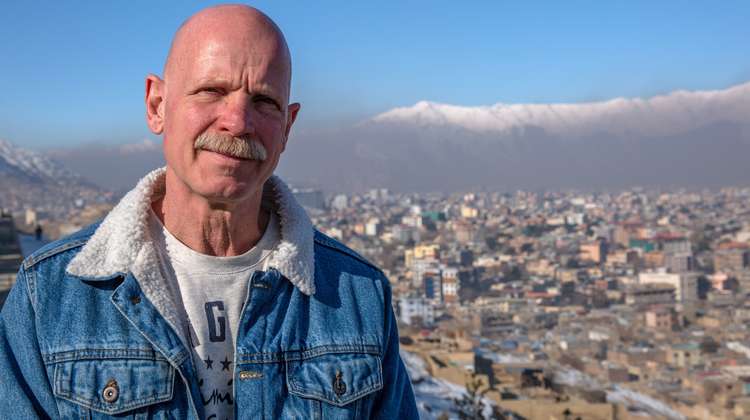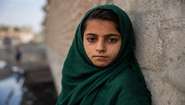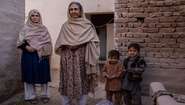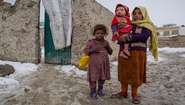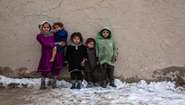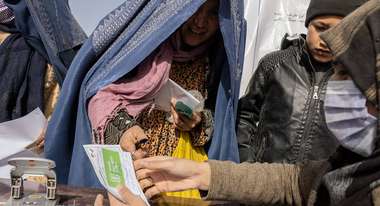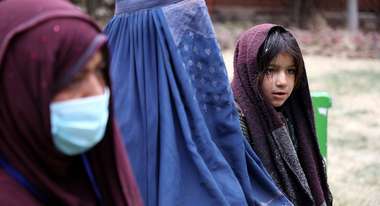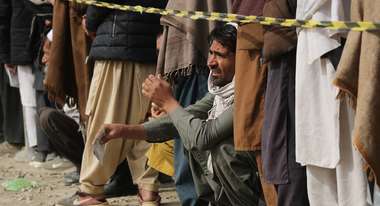Afghanistan: The Humanitarian Situation Is Rapidly Deteriorating
Hunger and Poverty on the Rise in Afghanistan.
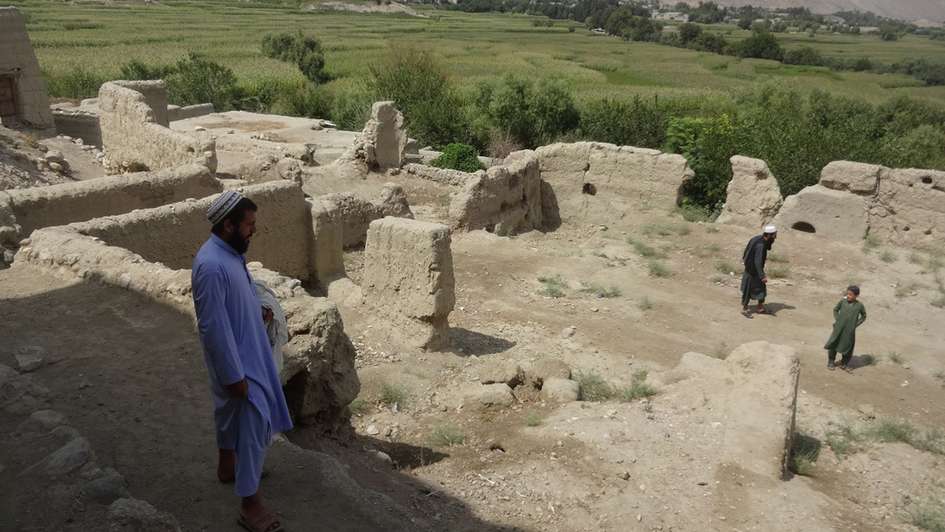
Bonn/Berlin, 2021-10-06. After 20 years of military invention by the West, the humanitarian situation in Afghanistan is catastrophic. Winter is coming, heralding a dramatic escalation of the humanitarian crisis as well as a further increase in hunger and poverty, warns Welthungerhilfe. Over half of the population is already dependent on survival aid for food, drinking water, medical care, and shelter. Fourteen million people do not have enough to eat, meaning that one in three people in Afghanistan are going hungry. Compounding these issues, growing numbers of people are being displaced or returning home: Since the beginning of 2021, around 630,000 people have fled their villages due to the violent conflicts wracking the country. In addition, almost 1 million people have returned from neighbouring countries like Iran, many ending up in Kabul without significant assistance or prospects. The United Nations fears that the poverty rate will rise to 97 percent within the next year if supply conditions do not improve.
“The country is facing an economic collapse. The need is greatest in rural regions. Our fact-finding missions to villages in the country’s north and east have revealed great destruction and extreme levels of poverty, hunger, and desperation. People are trapped in a vicious cycle by a dysfunctional banking system combined with a lack of cash and rising food prices. Many have no way of feeding their children—especially single mothers, who have been stripped of all sources of income and cannot leave their houses without a male chaperon. In the winter, this desperate situation will grow more hopeless yet. Many houses were destroyed during the violence, and their ruins now offer little protection from temperatures far below freezing,” says Thomas ten Boer, Welthungerhilfe’s country director, describing the dire humanitarian conditions in Afghanistan.
In the coming weeks, Welthungerhilfe will provide some 60,000 additional people with survival aid in various provinces, primarily in northern Afghanistan. These families will receive warm winter clothing and blankets in addition to food like flour, rice, oil, and lentils and hygiene kits with items like soap. Welthungerhilfe plans to further expand its emergency-aid efforts in the winter. For nearly 30 years, Welthungerhilfe has been providing humanitarian and long-term development assistance in Afghanistan, where it has conducted 160 projects valued at EUR 130 million with the support of the German government.
Press Photos
Please download high quality press photos via click on the photo and click on the link "Originalgröße herunterladen" below the picture.
Usage note:Please note that the pictures may only be used in a Welthungerhilfe context and may not be passed on to third parties. Images must bear the credit copyright "Photographer/Welthungerhilfe". No long-term archiving. Please delete pictures after use!
Welthungerhilfe is one of the largest private aid organisations in Germany; politically independent and non-denominational. It is fighting for “Zero Hunger by 2030”. Since it was founded in 1962, more than 10,369 overseas projects in 70 countries have been supported with 4.2 billion euros. Welthungerhilfe works on the principle of empowering people to help themselves: from fast disaster relief to reconstruction and long-term development cooperation projects with national and international partner organisations.





